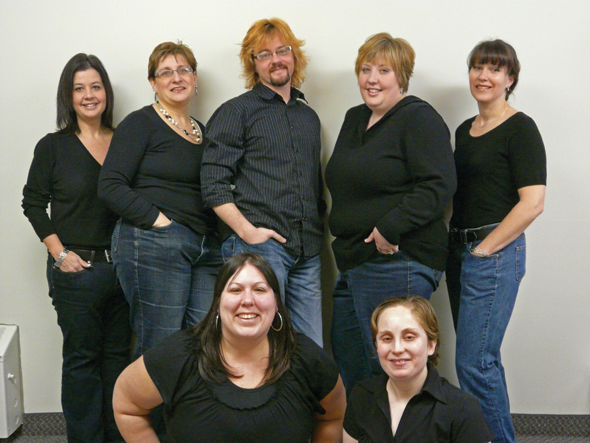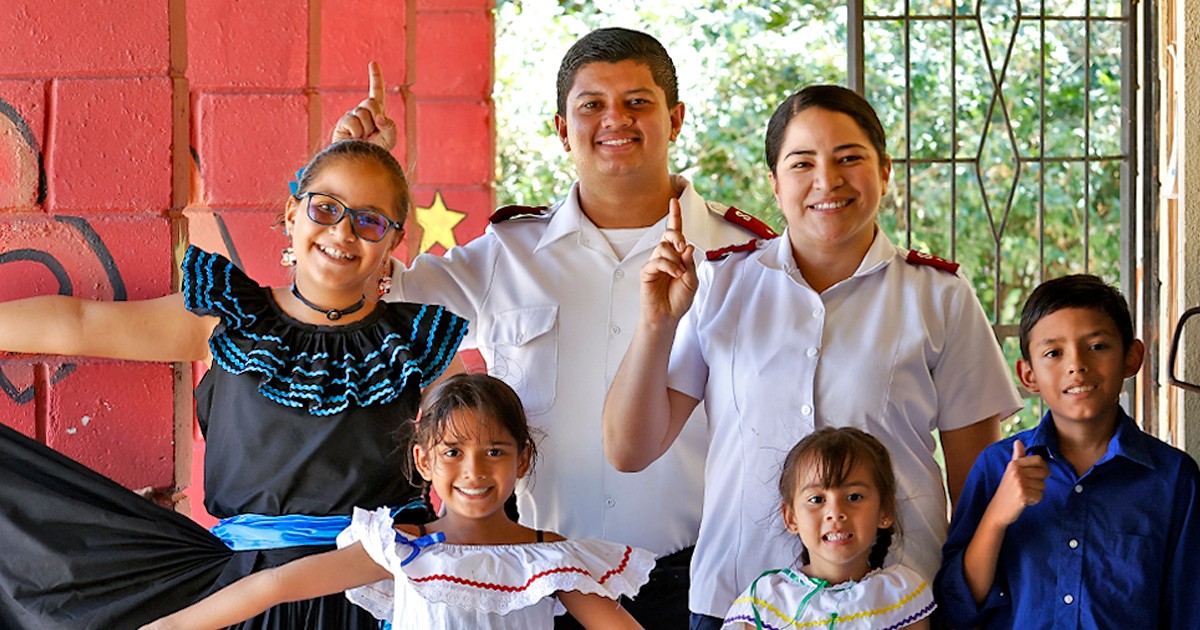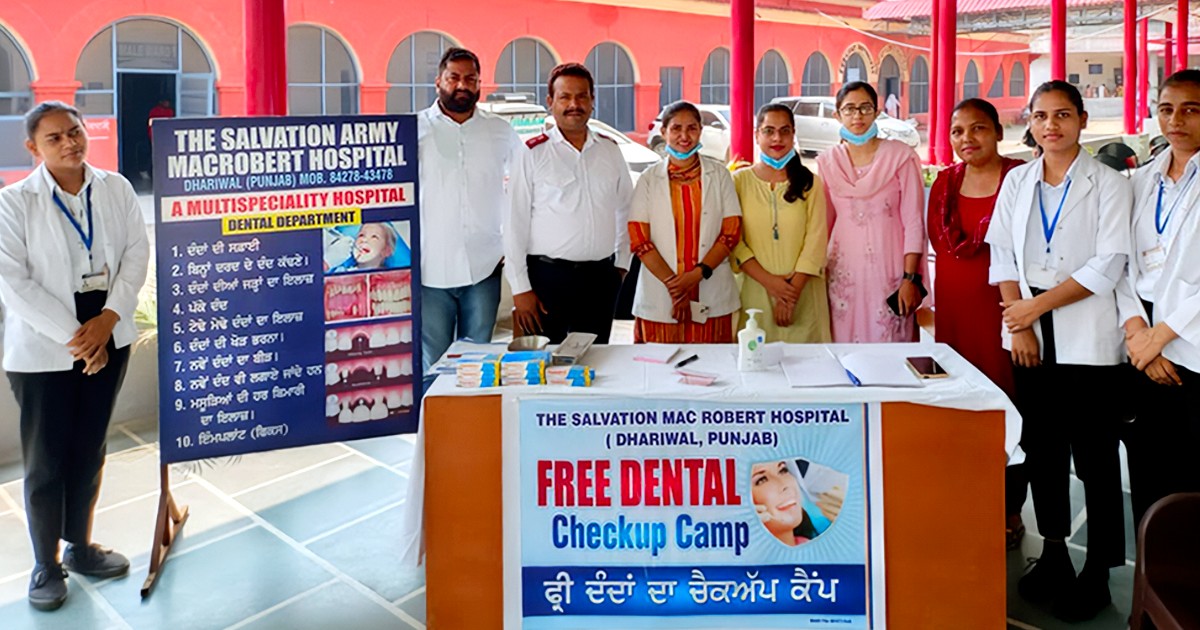 A divorce or separation is traumatic for any family, but when children are involved, it becomes particularly heart-wrenching. All too often, they become pawns in custody battles or divorce settlements. Visitations can be particularly stressful.
A divorce or separation is traumatic for any family, but when children are involved, it becomes particularly heart-wrenching. All too often, they become pawns in custody battles or divorce settlements. Visitations can be particularly stressful.
“Children can be traumatized so easily,” says Derrick Green, program co-ordinator of the Grey-Bruce Supervised Access Centre in Owen Sound, Ont. “They need contact with both parents, but they also need to be insulated from the adult conflicts that might exist. That's where we come in.”
Birth of a Centre
In the early 1990s, Ontario's Ministry of the Attorney General recognized a need for a supervised, neutral setting where parents in custody or access disputes could visit with their children. A pilot project was so successful that the Supervised Access Program was expanded throughout the province.
The Salvation Army's Owen Sound facility was part of that first wave of expansion in June 2000, and it was joined a year later by a sister facility in Walkerton, Ont. A third in Wiarton, Ont., has just opened.
How did The Salvation Army get involved? “Our facility already had a reputation as being one of the leading daycares in the area,” Green says. “As well, The Salvation Army in Owen Sound has always been socially active. People here have a heart for whatever needs to be done, and they look for ways to do it.”
With community support, the Owen Sound proposal was accepted by the government and the Grey-Bruce Supervised Access Centre was born.
Safe and Sound
The centre offers families safe contact with their children in a supportive, conflict-free daycare environment.
Onsite visits and exchanges are monitored by the centre's trained staff who provide reports to lawyers and courts when requested.
A minimum of two staff members are on duty at all times. Arrival times for parents are staggered at 15-minute intervals and at separate entrances.
Staff are not only equipped with two-way radios but have panic-alarm pendants that can trigger a police response. They are also trained in non-violent crisis intervention, first aid and other specialized procedures specific to supervised visitation services.
Cameras and other video-recording equipment are prohibited. The centre is provided with restraining and probation orders, and made aware of any health issues, drug or alcohol concerns, or allegations of physical abuse.
“It's a very structured program, and for good reason,” says Green. “Parents can drop their children off, secure in the knowledge that they are safe.”
Filling a Need
To date, close to 400 families have passed through the doors of the Supervised Access Centre.
Green says it's difficult to measure success in a program such as this, and not just because of confidentiality and legal concerns. Some parents feel pressured by the courts to use the centre and they react with hostility.
“What those parents don't realize,” says Green, “is that without the centre, they would have no option but to drop off and pick up their children in less child-friendly environments, such as coffee shops or even police stations.
“On the other hand, dozens of parents have told us how much they appreciate our courtesy and professionalism, not to mention our faith base and spiritual values, which are behind everything we do. They know that we fill a very important need.”
Photo: The Supervised Access Centre staff: (top row, from left) Alice Wannan, Annette Lougheed, Derrick Green, Jennifer Wilson-Daily and Susan Williams; (bottom row) Andrea Tenant and Alesha Doran









Leave a Comment